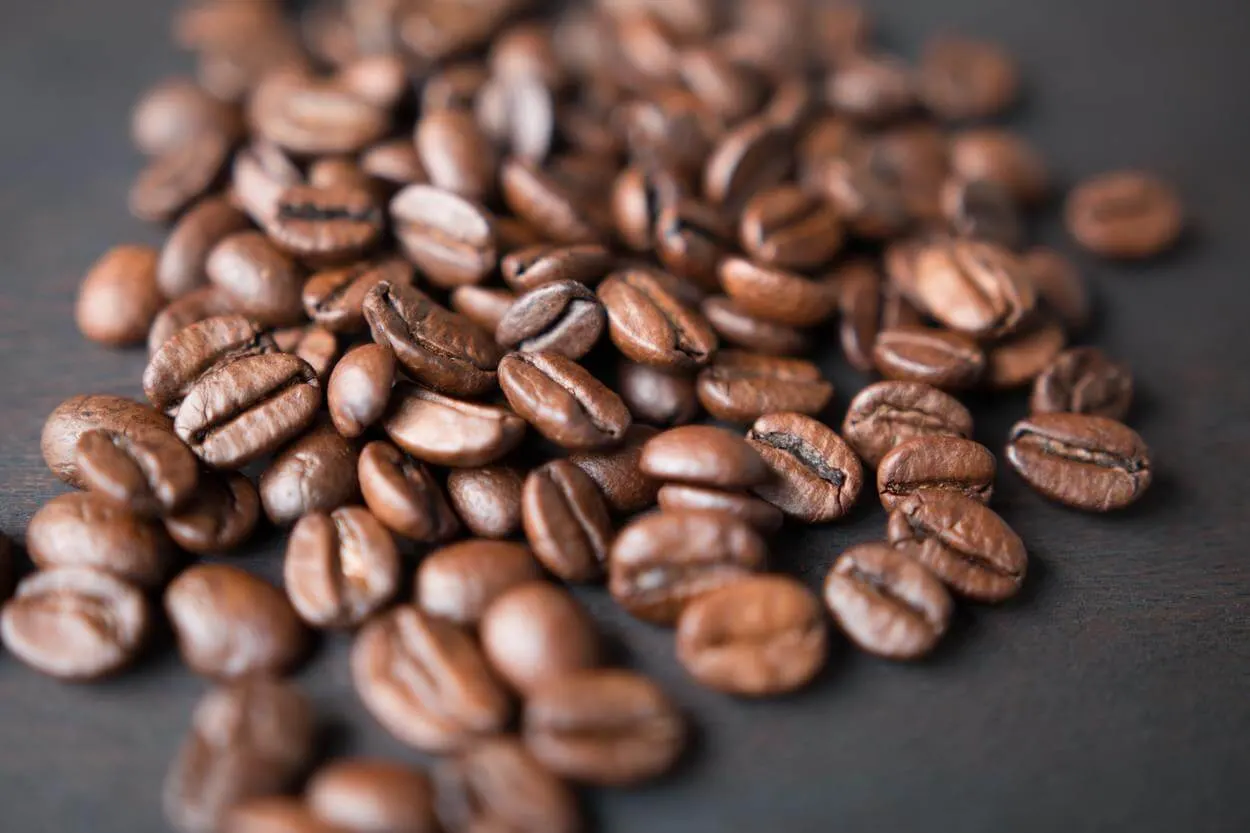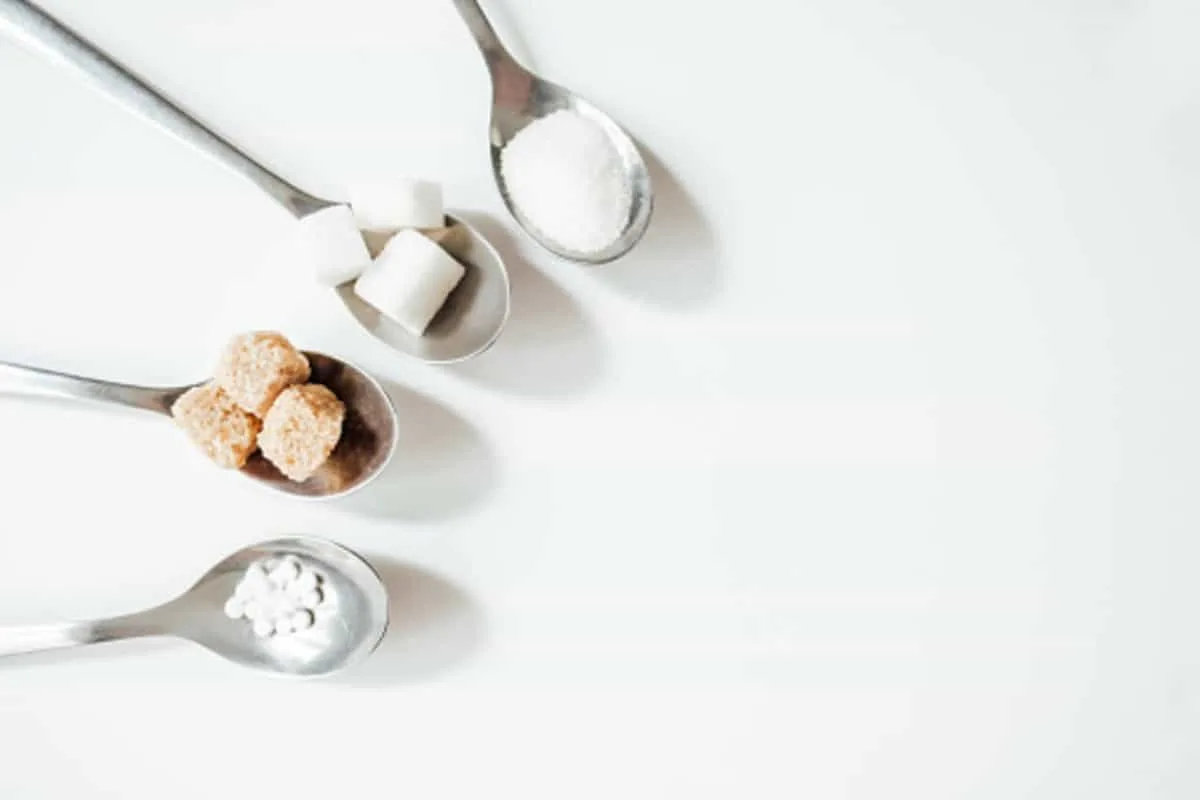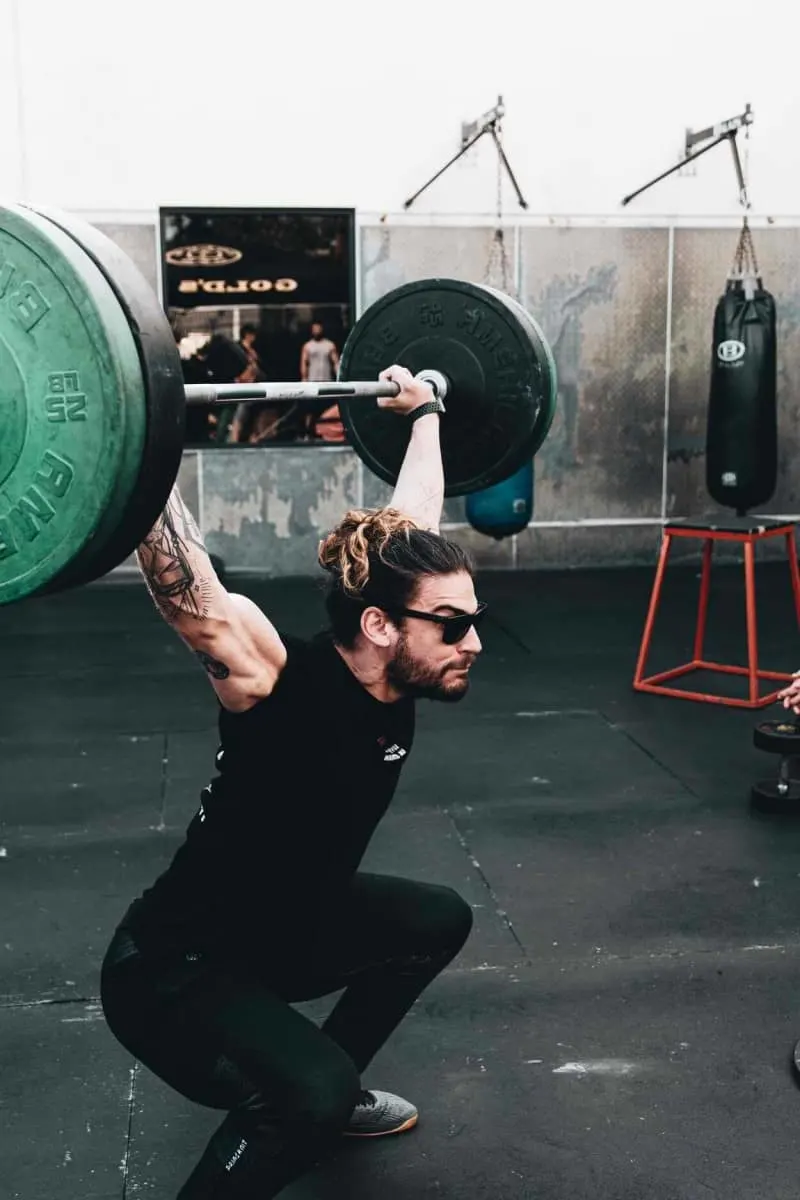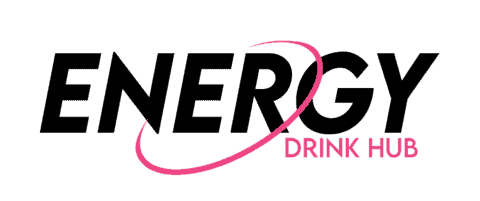Energy drinks are known as energizers and refreshers since they load you with caffeine and other micronutrients designed to improve your alertness and concentration.
However, they also sometimes come with varying amounts of calories. Calories are important for your body’s function and can even energize you even more. This is why pre-workouts are loaded with calories since they can help athletes through intense workouts or help them bulk up.
However, some energy drinks are actually calorie-free for people who are on a diet. Diets like keto actually require that you limit your calorie intake. In the case of keto, it’s a 50 calorie a day limit.
That’s a very strict limit! But don’t worry there are energy drinks that can provide you with a good energy boost without interfering with your keto diet.
I’ve compiled a list of the best keto-friendly energy drinks that you can try!
Page Contents
What is Keto?
Keto Diet is a mechanism of keeping your body in a state of ketosis where your body disintegrates fats and uses them as energy.
A traditional method is to take carbs less than 5g per day, essentially forcing your body to break down glycogen stores into monosaccharides. To put it in terms non-medical students would understand, you get no sugar, so your body breaks down fat to make sugar.
Anything high in carbohydrates or sugar is a big no in the keto diet since your body is in the process of producing glucose, and adding carbohydrates and sugar can intervene in the process, causing an adverse effect of instant weight gain in double digits.
Energy Drinks and Weight Loss
Nearly all energy drinks contain a stimulating ingredient called caffeine. However, the quantity may differ for each of them.
Side Effects of Energy Drinks

The FDA recommends that adults intake no more than 400 mg of caffeine per day. Trespassing that threshold would induce the side effects associated with caffeine.
Increased heart rate, dehydration, insomnia, and high blood pressure are some studied effects of increased caffeine content.
Energy drinks containing a maximum of 200g caffeine can be regarded as safe, yet crossing the lower threshold may cause serious health issues.
I personally prefer energy drinks with only 50 to 100 mg of caffeine. That may sound a little low, but that’s already enough for me to feel a decent energy boost without experiencing any jitters or headaches.
It’s also good to remember that caffeine tolerance can depend on metabolism and other factors. So if you’re not used to drinking energy drinks regularly, better start small and carefully take note of how they affect you. I would prefer not to risk an anxiety attack every time I want to drink energy drinks. Therefore, it’s better to stay on the lower end of the threshold.
Here’s a threshold table for the amount of caffeine in each trophic level.
| High Caffeine | 200-400g |
| Average Caffeine | 100-200g |
| Low Caffeine | 25-100g |
Are Energy Drinks Sugar-Free?
Yes, there are sugar-free energy drinks available.
Most energy drinks contain a lot of sugar as it’s a carbohydrate that can be converted to energy plus it also adds sweetness to the drinks.
Some energy drink brands have opted to go sugar-free in their products by utilizing artificial sweeteners like Splenda and Stevia instead. Since these sweeteners are calorie-free and do not affect blood glucose levels, they won’t cause weight gain or exacerbate medical conditions like diabetes.
Because of this, energy drinks with zero to low sugar can be good options for a ketogenic diet. However, the presence of artificial sweeteners isn’t 100% healthy either. Some studies do claim that excessive intake of artificial sweeteners can lead to obesity or type 2 diabetes.
| High Sugar | 50-100g |
| Low Sugar | 10-50g |
Artificial Sugars Commonly Found in Energy Drinks

While we are all aware of the consequences of excessive sugar consumption, quitting sugar might be difficult.
As a result, artificial sweeteners including sucralose, aspartame, and acesulfame potassium are frequently used in sweet items.
Sucralose
This artificial sweetener is more than 600 times sweeter than regular sugar. Also known as Splenda, it is a popular artificial sweetener featured in sugar-free Rockstar, Bang, and Monster drinks.
Sucralose raises your glycemic index in the same way that sugar does, and many studies have explicitly rejected sucralose products in the past few years. Still, no conclusive evidence has come to light to support these claims and Sucralose remains FDA-approved.
Aspartame
Aspartame is another low-calorie sweetener. It is comparatively less sweet than sucralose.
It is a synthetic sugar replacement that is widely used around the world. It is one of the most fully tested intense sweeteners, with a high level of safety.
It is commonly used in energy drinks like Raze, Red Bull Sugar-Free, and more.
Can I Drink Energy Drinks While on Keto Diet?
Yes, you can drink energy drinks while on the keto diet, as long as you pick the right energy drink.
For me, the right energy drink would be something that has zero to low calories, low sugar content, and low caffeine as well.
Keep in mind that the keto diet requires that you stay below 50 calories a day. Some energy drink brands like Red Bull (110 calories), NOS (210 calories), and Hype (226 calories) are clearly a big no-no for keto diet followers.
Sugar content is also something that you have to look at since sugar can heavily contribute to weight gain. For example, Monster has 57 g of sugar while Mother has 51 g. That’s already quite a lot and can cause adverse side effects.
Effective Weight Loss Ingredients in Energy Drinks
A few more ingredients other than caffeine and sugar in energy drinks also support weight loss. Let’s take a look!
Carbonated Water
Carbonated water is water saturated with carbon dioxide gas under pressure. This process is initiated to make a drink bubbly. They also have salt added to enhance the overall taste.
Carbonated water is often called ’empty calories’ because it can suppress your appetite and make you eat less. This is because the salt in the water makes you feel fuller.
Caffeine
Caffeine is a natural bitter chemical that acts as a stimulant, increasing the activity of your nervous system.
Your body contains fatty acids that need to be broken down for energy. This is called metabolism. Caffeine helps in boosting metabolism and energy consumption of your brain and muscles, thus breaking down larger stores of fats in a smaller period. It regularly helps the body burn down more and more fatty acids.
Through one study, 76 overweight participants were put on a reduced-calorie diet for four weeks, with a mix of high and low caffeine users. The primary variable that was measured was weight.
What were the outcomes? Increased weight reduction was connected to higher caffeine intake in women at the end of the four weeks.
There aren’t any well-designed studies indicating that caffeine alone causes people to lose weight, although it does appear to have some weight-loss potential.
Consumption of caffeine in energy drinks with a few dietary changes can help with weight loss.
Citric Acid
Citric acid is a chemical compound found in citrus fruits like lemon, orange, limes, etc.
You might’ve sunk your teeth into lemon quite a few times, tasting citrus acid. Yeah, it’s that sour stuff that makes you facially replicate an emoji IRL whenever you bite into a lemon.
There is no tie-up between weight loss and citric acid, yet citrus acid is beneficial due to its antioxidant and fat-burning properties.
Can Energy Drinks Help You Lose Weight?
Just to make it clear, none of the ingredients in energy drinks can directly shed some pounds off of you. They merely provide support and help you burn fat by keeping you energized for hours.
This is primarily due to the presence of caffeine in energy drinks since it binds the adenosine receptors, which initiates tiredness and sleepiness.
Adults should limit their daily caffeine intake to 200 milligrams; however, people with a greater caffeine tolerance may be able to get away with 400 milligrams, though even then, they may experience the dreaded adverse effects of caffeine.
Caffeine withdrawal may occur 12-24 hours after ingestion in people who consume energy drinks regularly. The body adapts to a regular dose of caffeine in about 7-12 days for habitual energy drink drinkers.
The best way to lose weight is still to have a proper diet and exercise. If the keto diet is the right diet for you, that’s great! Energy drinks can help you feel alert while you achieve ketosis.
However, do keep in mind that energy drinks aren’t dietary supplements. They can make you feel full but they aren’t nutritious enough to be a good substitute for food.
Which Energy Drinks are Keto-friendly?
As promised here are some keto-friendly energy drinks that you can check out!
Red Bull Zero
Red Bull Zero is a calorie-free energy drink manufactured by Red Bull. The drink was previously known as Total Zero, but a newer formulation contains 10 calories; therefore, it was renamed Red Bull Zero.
Primary Ingredients: Caffeine, Taurine, B-group vitamins, citric acid, and carbonated water.
In moderation, energy drinks like sugar-free Red Bull are relatively harmless and help shed a decent amount of weight.
Rockstar Zero Carb
It is known to have a relatively lower amount of carbs than any other energy drink but at the same time comes with a few risks due to the presence of ingredients like sodium benzoate and sucralose.
It is essential to take a body reactant test by consuming this drink for a few weeks to observe its consumption effect on your body.
Monster Zero Ultra
Monster zero ultra is a keto-friendly drink but serves a high caffeine content, which suggests it should not be taken more than once a day.
It might instantly power you up for a long day, yet; it would also cause damage to your organs. High caffeine energy drinks should follow a well-researched and experimented consumption pattern for harmless results.
Other notable mentions
Tips to Lose Weight
It is a big no to stay utterly dependent on energy drinks to do the trick. It is essential to make the following changes for fruitful results.
Exercise

Exercise has been proven to alleviate changes in brain function, increasing its sensitivity and the production of endorphins that regulate positive feelings and reduce depression.
Making exercise a part of your routine each day can boost your keto diet and the effect of energy drinks. You might also extend the period of alertness.
Diet Plan
It is essential to follow a rigid diet plan that consists primarily of greens and proteins.
Eating tons of junk food, alongside regularly chipping on outdoor food and drinks (although painful not to), can only hinder your process of the keto diet.
Energy drinks might also fail to produce any positive results, slowing down the process of burning carbs when that is all you’re gaining throughout the day.
Sleeping Pattern
Caffeine, ginseng, taurine, sugar, and B vitamins are all found in energy drinks, with caffeine being the most common. Caffeine is a well-known central nervous system stimulant that promotes alertness and staves off fatigue.
Staying awake at night and trying to binge energy drinks for the rest of the day might help you with work yet, it will adversely affect your overall health.
Hormonal imbalances are common amongst those who fail to sleep correctly, causing illness. A Keto diet, alongside energy drinks, can only be beneficial if you make a habit of sleeping for a maximum of 6-7 hours. As a bulk of the ketosis occurs during sleep, if you do want to lose that weight, go catch some Zs.
It will allow you to consume fewer energy drinks and naturally make you active and energized throughout the day.
Food That Should Be Avoided During Keto Diet
Keeping your diet in check plays a crucial role in making the process of ketosis easier for you.
The following foods should be avoided during the keto diet:
- Sugar
- Low Fat Dairy
- Grains
- Most Fruits
- Unhealthy Fat
- Alcohol
Conclusion
Putting all the details together, I suggest you choose an energy drink that contains a reasonable amount of caffeine, sugar, and calories. Since many drinks are high in sugar, it is vital to check the label twice to make sure you’re not missing out on the contents.
Some drinks have serving sizes that don’t match how much you’re drinking. Ask yourself, “Can I drink this beverage and still be under my total carb and net carb limitations for the day after I’ve accounted for the other calories and carbs I’ll be eating?” after you’ve calculated the serving size, total carbs, and net carbs.
If an energy drink fits your body’s criteria to undergo ketosis then, go ahead and take a sip
